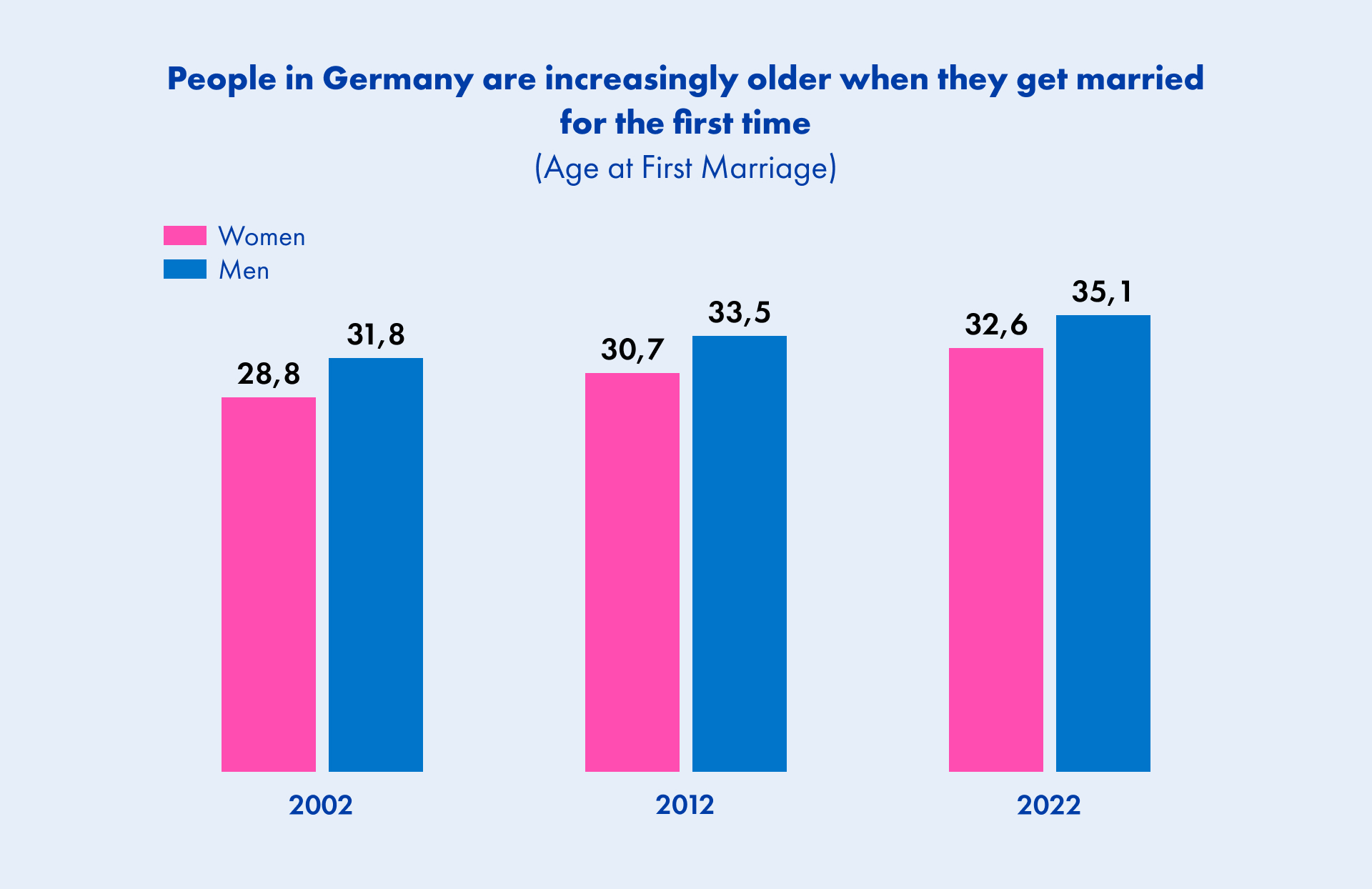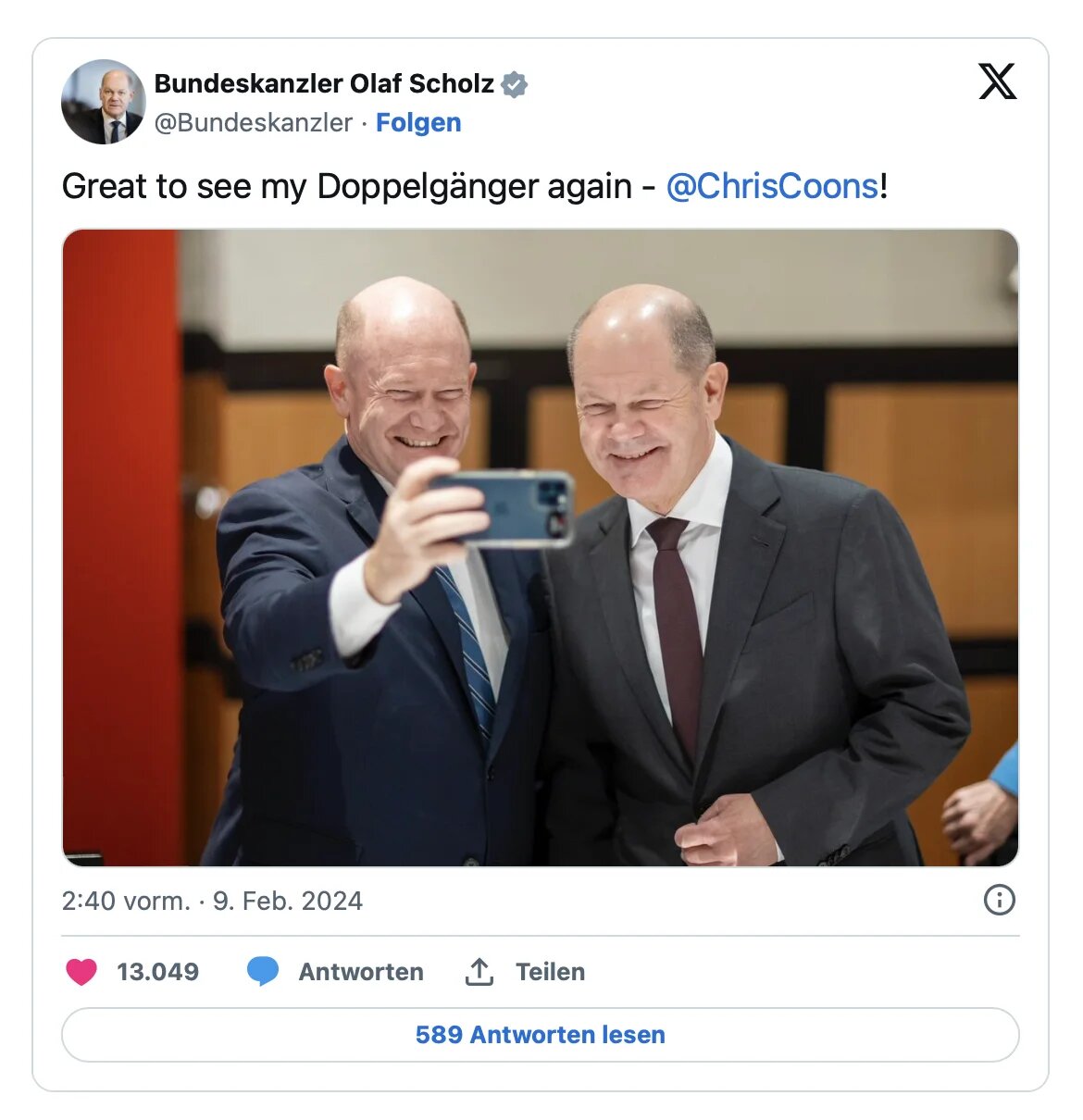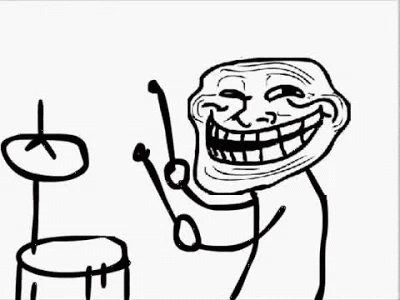Issue #155
Guten Morgen! As we celebrate the joy of Carnival, cherish the love of Valentine’s, and reflect on the significance of Ash Wednesday, our Krautshell edition brings you insights into the unfolding political dynamics. From Germany’s diplomatic endeavors in Washington to secure aid for Ukraine to the urgent pace of EU lawmakers racing against time before the elections, our insights touch on critical political developments shaping the continent. Diving into the intricacies of coalition politics in Germany and the historic power-sharing agreement in Northern Ireland, alongside the evolving landscape of British politics, we offer a brief yet insightful glimpse into the week’s events. Lastly, Christian shares his astute observations on digital detox in our WOOM segment. With each snippet of news, stay informed and engaged. We wish you a relaxing weekend and a fruitful and successful week ahead! Anna Szilvia WHAT TO WATCH THIS WEEK: Chancellor Scholz’s trip to Washington: Spare some Change for Ukraine? (Please) This week, Chancellor Olaf Scholz embarked on a 24-hour visit to Washington D.C., engaging in discussions with President Joe Biden, business representatives, and sharing a dinner with members of both Chambers of Congress. On the menu: financial support for war-torn Ukraine. The visit aligned with the special EU Council’s approval of a substantial 50 billion euro aid package for Ukraine by 2027. This approval wasn’t without its challenges, as Hungary’s Prime Minister, Viktor Orbán, initially raised concerns that threatened to stall progress. However, these concerns were eventually resolved, providing a welcomed reprieve, albeit temporary, from potential disruptions. Thus, Chancellor Scholz delivered a straightforward message to his American counterparts: “We’ve fulfilled our part, now it’s your turn.” But with elections coming up in November, financial support for Ukraine has long since become a domestic political battle in the US. In a recent development, President Biden’s $60 billion aid package for Ukraine faced rejection in the Senate. It’s a setback, to be sure, but hopefully not an insurmountable one. Kyiv relies heavily on the United States for its primary financial and military backing, followed closely by Germany. In Europe, US financial support is considered crucial for the continent’s security. However, the looming possibility of a second presidency under Donald J. Trump has prompted Europeans to seek alternative sources of support. Experts emphasize Germany’s substantial GDP, which surpasses Russia’s by double, suggesting that the issue lies more in political resolve than financial capability. Consequently, some German politicians are already broaching the perennially debated topic of suspending the debt brake. Regardless of the outcome of the next US elections: Europe will have to enhance its efforts to ensure long-term security across the continent. REGULATORY INSIGHTS: EU Lawmakers Race Against the Election Clock The European elections are drawing nearer and nearer. The deadline for passing final laws before the election campaign takes center stage and the term of the current EU Commission comes to a close. Consequently, this week, when the plenary session of the European Parliament met in Strasbourg, proved particularly demanding and the EU policy makers are running hotter than Belgian waffle irons. The European Parliament achieved consensus on genetically modified plants and adopted its position for negotiations with member states on the Commission proposal on New Genomic Techniques (NGTs). All eyes are now on the European Council to see if the Member States will be able to agree on a common position as well. The Committee of Permanent Representatives (Coreper) failed to reach a qualified majority this week. Meanwhile, EU Commission President Ursula von der Leyen is set to withdraw the Commission’s long-debated proposal to reduce the use of pesticides in agriculture in the face of fierce protests from farmers. The likelihood of a new law to meet the EU’s target of a 50% reduction in pesticide use by 2030 before the European elections appears remote. But the issue is not off the table, Von der Leyen told the European Parliament on Tuesday. Critics accused her of primarily engaging in power politics to secure support within her EPP group for the election. Finally, the EU Parliament and the Council reached agreement to bolster the EU’s financial framework for 2021-2027. This boost aims to finance various endeavors, including support for Ukraine and funding for migration and neighborhood policies. Despite mounting tension ahead of the election, EU policymakers remain fully occupied with finalizing projects and crucial support initiatives. Because no one can predict with certainty what the composition of the European Parliament will be after 9 June. THE BIG PICTURE: From Selfies to Showdowns: Coalition Politics in Germany After over 16 years of CDU-led government, the 2021 election brought about a change. The SPD, the Greens, and the FDP united to usher in a new era of modernization, promising a coalition of progress. Their initial enthusiasm was evident in the happy selfies of their top politicians on social media. However, this spirit of harmony was quickly overshadowed by the harsh realities of the war in Ukraine and the ensuing energy crisis. Moreover, the diverse ideologies among these three partners soon became apparent. The initial optimism captured in those early selfies faded all too quickly. Communication faltered, and the public’s perception of the government soured as disputes became a recurrent theme. Despite notable achievements such as mitigating the energy crisis, raising the minimum wage, and reforming immigration laws, these successes seemed overshadowed by the prevailing atmosphere of discord. It has come to the point where the traffic light coalition partners are even arguing about issues where they want the same thing. The latest round of disagreements centers around streamlining bureaucracy, charting the economic recovery path (debate over debt financing), deliberating on further increases in child benefits, and navigating Germany’s stance in EU negotiations—where last-minute changes or abstentions, often under pressure from FDP ministers, have become commonplace. In light of these challenges, there are serious doubts about whether the coalition can regain its footing in its remaining two years or if discord will persist until the end. Even the latest selfie shared on social media on Tuesday by Minister of Economics Robert Habeck and Finance Minister Christian Lindner is unlikely to alter this trajectory. The selfie was posted as the government announced plans to increase investment in the technology sector. An extra €1.75 billion is to be made available for start-ups – for the sake of Germany as a business location and its international competitiveness. Even if the Germans aren’t convinced that everything is now hunky-dory, they still enjoy the occasional viral selfie followed by a multitude of memes… Power-sharing has returned to Northern Ireland this week, as Sinn Féin’s Michelle O’Neill makes history as the first nationalist First Minister. The agreement marks the return to Parliament and the end of a two-year political impasse. Several previous attempts to end the Democratic Unionist Party’s (DUP) boycott and restart the devolved government have failed since the 2022 assembly elections. Prime Minister Rishi Sunak and Taoiseach (Irish term for Prime Minister) Leo Varadkar visited the Northern Ireland Parliament this week to mark the return of power-sharing. The Taoiseach called it a “very good meeting”. Commenting on the historic agreement, Prime Minister Rishi Sunak said the return of devolved government was a cause for optimism. Whilst main media commentary suggests the agreement highlights the prospect of a united Ireland, Taoiseach Leo Varadkar would not be drawn on the question, and instead noted the assembly’s return showed the Good Friday agreement (the 1998 agreement between the British and Irish governments on how Northern Ireland should be governed) was working again. In other news, in and around Westminster has seen the return of short-lived former Prime Minister Liz Truss, as she launched her ‘Popular Conservatives’ (Pop Con) campaign. In a speech Truss said her campaign will “galvanise” Britain’s “secret Conservatives” and fight back against the “left wing extremists” she claims have taken over Britain’s institutions. This week also marked the deadline for the Labour Shadow Cabinet to make policy submissions to the general election manifesto, with Shadow Ministers having met industry figures to help inform the process. However, what the document will contain could be an element of surprise, as Labour has recently dropped its commitment to invest £28bn a year in green industry, blaming worsening public finances under the Conservative Government. Source: destatis.de Here are three appointments for next week that you should have on your radar: A Fast from the Carnival Feast of News: A Lenten Reflection Ahead of Ash Wednesday As Ash Wednesday ushers in the solemn season of Lent, it invites us to a period of introspection, sacrifice, and fasting. Yet, in our world brimming with incessant news cycles, political turmoil, and global crises, it’s time for an unconventional fast: a fast from the news…even if it will be tough, given the yummies on the global news table. Before that, let’s focus on the carnivalesque part of the news with Olaf Scholz in the US. First, he met his Doppelganger, US Senator Chris Coons, and this picture from the chancellor’s X account is worth sharing. Source: x.com Not only given by the main topic of Scholz’s trip, the Ukraine aid and the opposition it faces in the Senate, it actually is a bold picture 🤭 Tucker Carlson and Putin also had fun with lame jokes, such as quotes from the German “Iron Chancellor” Otto von Bismarck (1871-1890). Putin said: “The West fears a strong China more than it fears a strong Russia because Russia has 150 million people, and China has a 1.5 billion population […] As Bismarck once put it, potentials are the most important.” The joke is that Politico did not find a source for that quote, but it did find that “Putin does, however, love using fake quotes. In December 2023, Putin cited Bismarck as saying that “wars are not won by generals but by schoolteachers and parish priests,” although Bismarck never actually said that.” Given that this interview was offered to Tucker Carlson in a journalist costume, it is well-placed for carnival. Only missing a… That irony. While US journalists are mocking Biden for his lack of memory – as they also do in Germany with Scholz, by the way – Putin is making things up just because the most successful, young, and mentally fresh US media frontman lets him do it. Maybe Tucker took the advice from Bismarck: “The secret of politics? Make a good treaty with Russia.” Treaty, contract, whatever. Intellectual simplicity driven by personal gain seems to be a common trait between Putin, Carlson, and Bismarck. The latter shared a carnivalesque view of global world politics, revolving all around me, myself and I: “Your map of Africa is all very fine, but my map of Africa lies in Europe. Here is Russia, and here is France, and we are in the middle; that is my map of Africa.” I can’t wait for Wednesday. Issue #155


FIRST, SOME SOLID INTEL:
AND WHAT’S UP IN GREAT BRITAIN?
TAKE A BREAK, GIVE YOUR EYES A REST:

LONG STORY SHORT:
OUTLOOK:
When?
What?
February 12th, 2024
Inaugural visit to Germany by Polish Prime Minister Donald Tusk
February 15th-25th, 2024
74th Berlin International Film Festival 2024 (Berlinale)
February 16th-18th, 2024
Munich Security Conference
WHAT’S ON OUR MINDS:






